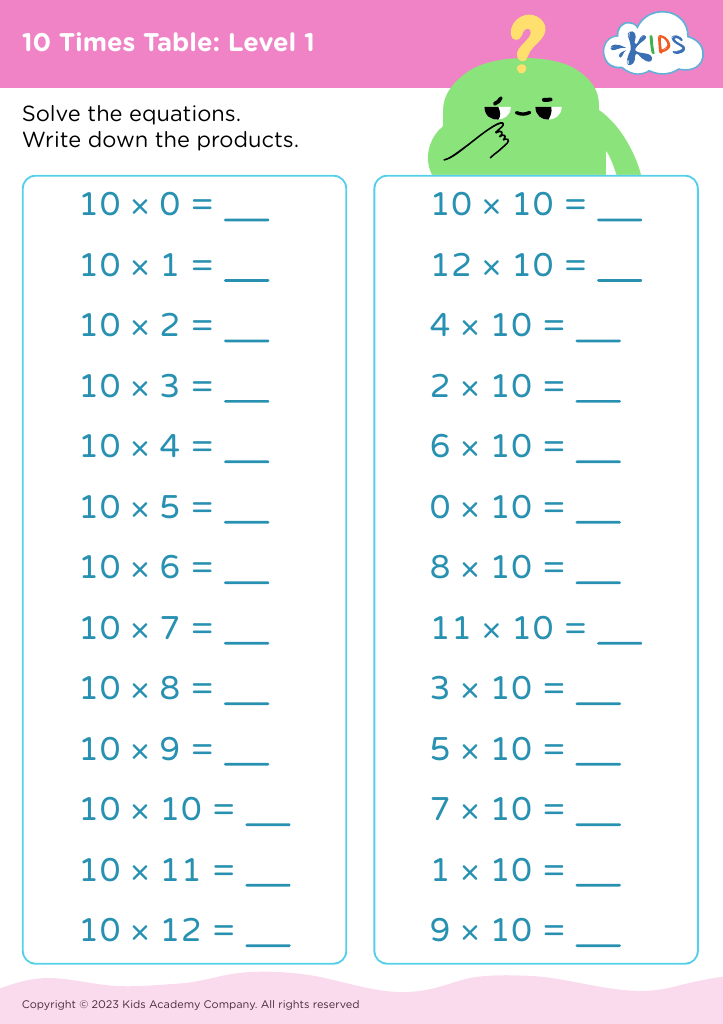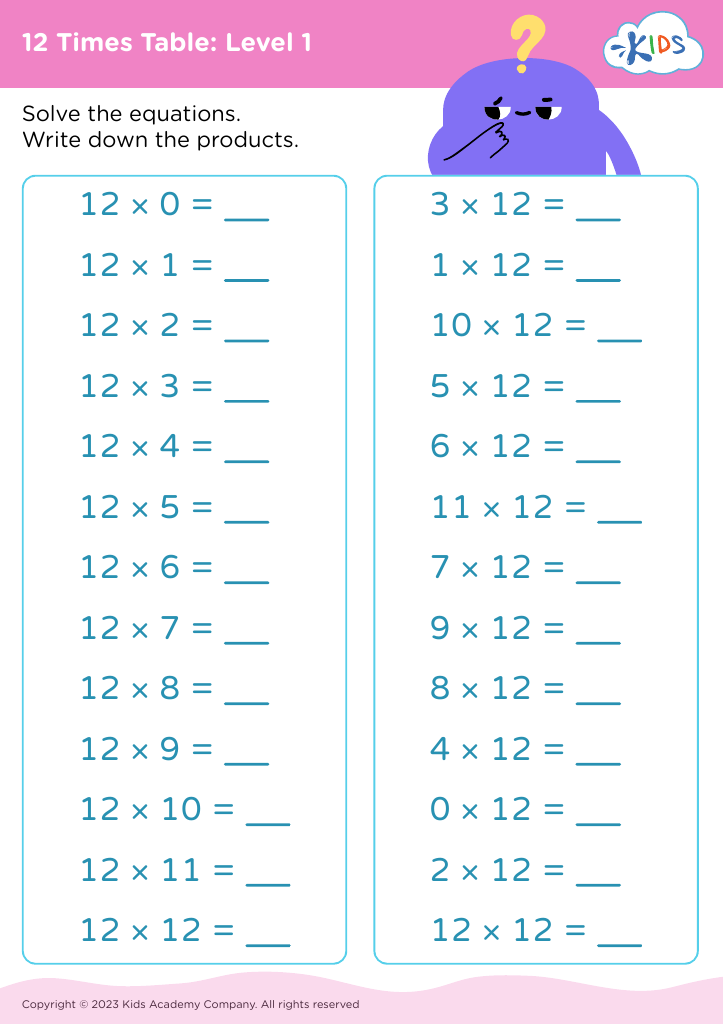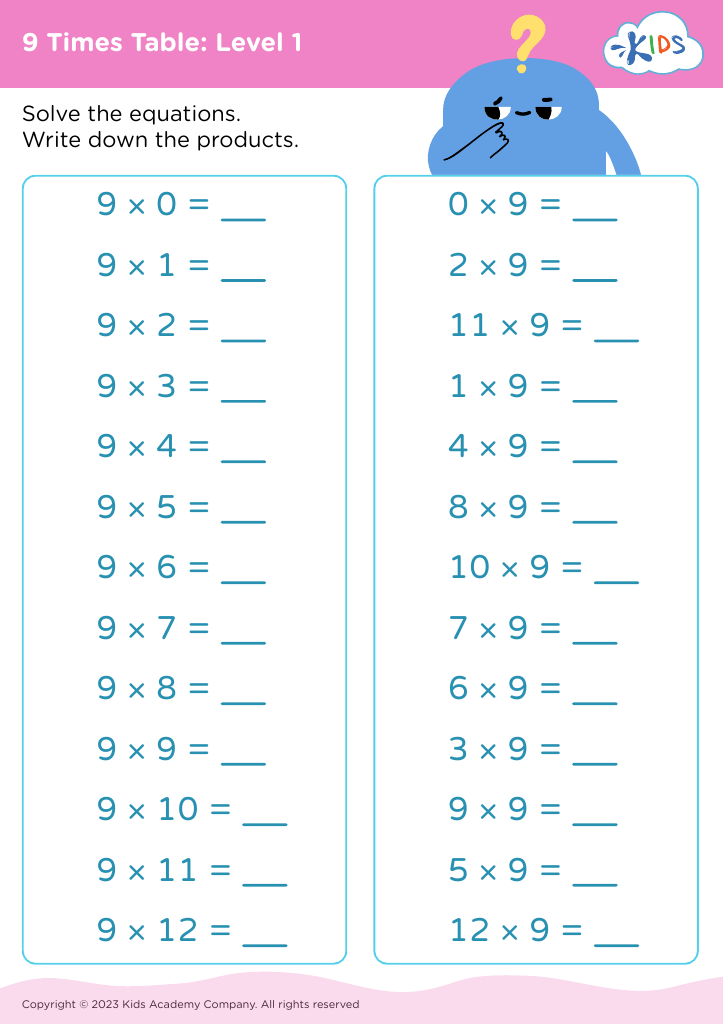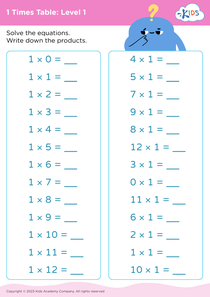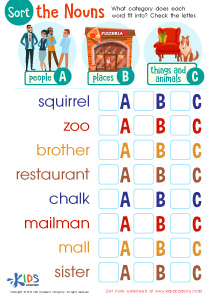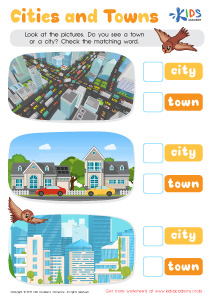Understanding patterns Easy Grade 3 Basic Times Tables up to 12 Worksheets
3 filtered results
-
From - To
Discover our "Understanding Patterns: Easy Grade 3 Basic Times Tables up to 12 Worksheets" designed to enhance your child's math skills. These engaging worksheets help students recognize mathematical patterns within the times tables, fostering a deeper comprehension of multiplication concepts. Ideal for third graders, our resources encourage interactive learning and boost confidence. With colorful visuals and fun exercises, kids will develop their ability to identify relationships between numbers, making math enjoyable and intuitive. Equip your child with the foundational skills they need for future success with our comprehensive and user-friendly worksheets. Perfect for classroom use or home practice!
Understanding patterns in basic times tables is crucial for both parents and teachers of Grade 3 students. Mastering the times tables up to 12 lays a strong mathematical foundation, enhancing a child's number sense and problem-solving skills. Recognizing patterns helps make learning more engaging and less daunting for young learners. For instance, the easy multiples of 2 (2, 4, 6...) exhibit a simple, predictable pattern, which can help children learn through visualizations and associations.
Furthermore, understanding patterns enhances children’s ability to grasp more complex math concepts later on, such as algebra. By encouraging students to identify these patterns—like noting how every multiple of 5 ends in either 0 or 5—teachers and parents promote deeper comprehension and retention.
Beyond academics, mastering the basics builds confidence. When children become proficient in their times tables, they're more likely to participate actively in math-related class activities and discussions. In summary, recognizing and understanding patterns in basic times tables equips children with essential skills, bolsters confidence, and prepares them for future mathematical challenges, making it a worthy focus for parents and teachers alike.
